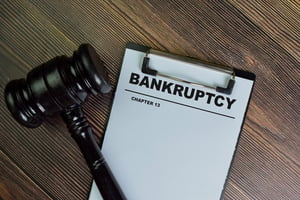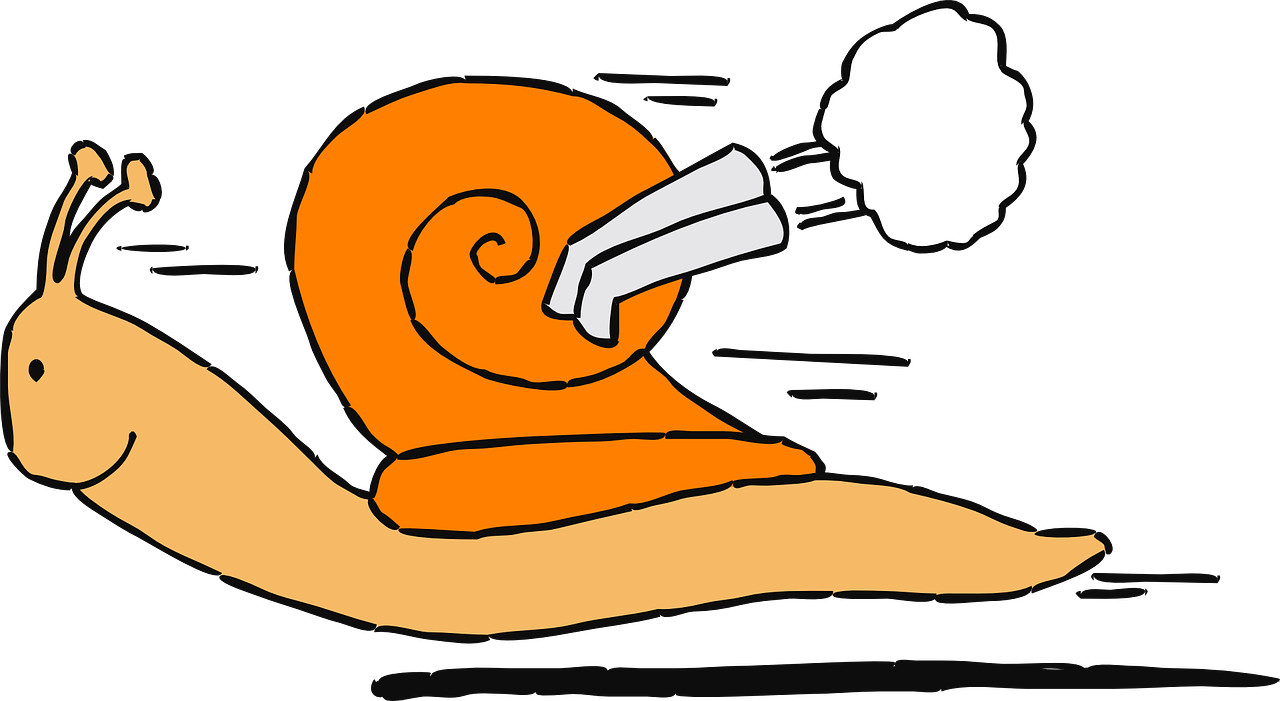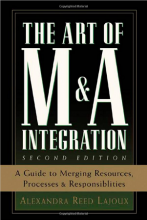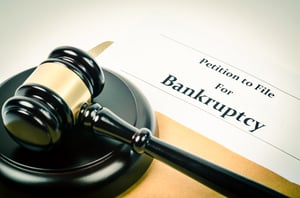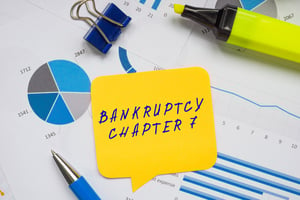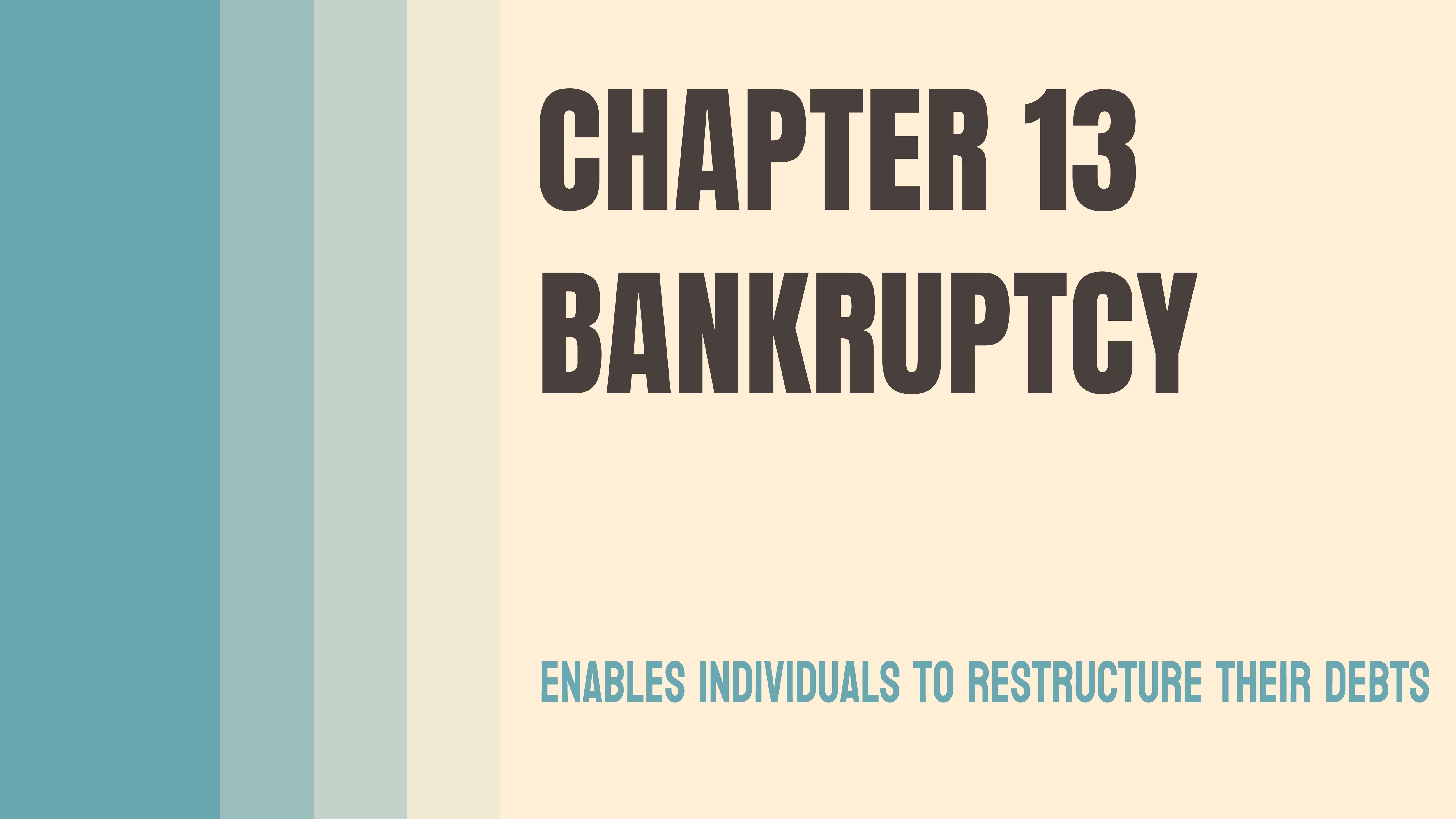Dismissal or Conversion of a Chapter 13 Bankruptcy
There are various reasons a Chapter 13 bankruptcy could be dismissed or converted to a Chapter 7 bankruptcy. A Chapter 13 bankruptcy may be voluntarily converted to a Chapter 7 bankruptcy at any time. A Chapter 13 bankruptcy may be voluntarily converted to a Chapter 7 for a number of reasons, including a change in your financial circumstances that may allow a Chapter 7 bankruptcy to be more suitable. It may also be that due to the nature of the proof of claims that filed by your creditors, confirmation of your Chapter 13 plan is not feasible and converting to a Chapter 7 would resolve issues with creditors, make more sense, and be more beneficial for you. While only a notice of conversion needs to be filed if a Chapter 13 is voluntarily converted to a Chapter 7 bankruptcy, it would be wise to consult with an experienced attorney prior to deciding whether a conversion to a Chapter 7 would be best for your financial situation, needs, and circumstances.
A Chapter 13 bankruptcy may also be dismissed or converted to a Chapter 7 “for cause” by the court. A Chapter 13 bankruptcy can be dismissed or converted to a Chapter 7 bankruptcy by the court if the court concludes there is cause for a dismissal, and if it is in the best interests of the creditors and the bankruptcy estate. Some of the most common reasons a court can find good cause to dismiss or convert a Chapter 13 bankruptcy is if you as the debtor, causes an unreasonable delay that is prejudicial to creditors, or if there is a failure to make timely Chapter 13 payments. A Chapter 13 bankruptcy could also be dismissed or converted for cause if the court denies confirmation of the Chapter 13 plan, or if there is a failure of required documents provided to the trustee, such as filed tax returns.
A court can dismiss a Chapter 13 or convert a Chapter 13 to a Chapter 7 if there is an “unreasonable delay by the debtor that is prejudicial to creditors.” An unreasonable delay can exist in various forms. For instance, a court will see that failing to file tax returns or failing to take required actions under the Chapter 13 plan is cause for a conversion of the Chapter 13 to a Chapter 7 bankruptcy. Moreover, failure to make Chapter 13 payments can also be cause to dismiss or convert your Chapter 13 to a Chapter 7. Chapter 13 plan payments must be made each month, with the first payment due within 30 days of filing. The court has discretion to dismiss or convert a case based on the failure to make Chapter 13 plan payments. A Chapter 13 plan may also be dismissed or converted if a plan is denied confirmation and additional time to modify an original plan is denied. A Chapter 13 plan must be formally confirmed by the court after it is filed. It is strongly advisable to work with an experienced bankruptcy attorney throughout Chapter 13 bankruptcy process. Your bankruptcy attorney will help you get your Chapter 13 plan confirmed by the court. It is best to follow their guidance on what is needed to get a Chapter 13 plan modified in order for it to be formally confirmed by the court. A Chapter 13 bankruptcy may also be dismissed by the court or converted to a Chapter 7 if tax returns are not timely filed. It is important to timely provide the bankruptcy trustee filed tax returns. You may have filed an extension to file taxes, however, once your bankruptcy case is filed, taxes must be filed as soon as possible and the returns must be provided to the trustee promptly. A Chapter 13 can also be dismissed or converted by the court if there is found to be bad faith. Bad faith can be found if the debtor stated expenses or debts incorrectly or made any fraudulent representation to mislead the bankruptcy court when preparing the petition and schedules. The above reasons are some of the most common reasons a Chapter 13 case may be converted to a Chapter 7 or dismissed for cause by the court.
CALL NOW FOR A FREE STRATEGY SESSION FROM A MN BANKRUPTCY LAWYER AT LIFEBACK LAW FIRM
To learn more about how a conversion or a dismissal of a Chapter 13 bankruptcy can be avoided, you should consult with an experienced bankruptcy attorney before filing a Chapter 13 bankruptcy and throughout the Chapter 13 bankruptcy process. See us at LifeBackLaw.com!

